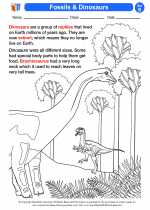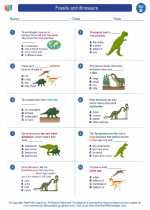Who Were the Neanderthals?
Neanderthals were a group of hominids who lived in Europe and parts of Asia, existing from around 400,000 to 40,000 years ago. They were well adapted to the cold climates of the Pleistocene era, with a stocky build and unique physical features.
Physical Characteristics
- Stocky, robust build
- Prominent brow ridges
- Large nose for warming and moistening cold, dry air
- Powerful upper bodies for hunting and gathering
Tools and Technology
Neanderthals were skilled toolmakers and used a variety of tools for hunting and daily activities. They crafted stone tools, wooden spears, and likely used fire for cooking and warmth.
Language and Communication
While evidence of Neanderthal language is scarce, recent studies suggest that they had the capacity for complex speech and communication, similar to modern humans.
Cultural and Social Behavior
Neanderthals were capable of complex social interactions and likely lived in small family groups. They engaged in rituals, cared for their sick and elderly, and buried their dead with symbolic items.
Interaction with Modern Humans
There is evidence of interbreeding between Neanderthals and early modern humans, as seen in the genetic makeup of non-African populations today. This suggests that there was some level of interaction and coexistence between the two groups.
Extinction
The reasons for the extinction of Neanderthals are still debated, but factors such as climate change, competition with modern humans, and other environmental pressures may have contributed to their eventual disappearance.
Studying Neanderthals provides valuable insight into human evolution and the unique adaptations that allowed different hominid species to thrive in diverse environments.
.◂Science Worksheets and Study Guides Second Grade. Fossils and dinosaurs

 Activity Lesson
Activity Lesson
 Worksheet/Answer key
Worksheet/Answer key
 Worksheet/Answer key
Worksheet/Answer key
 Worksheet/Answer key
Worksheet/Answer key
 Worksheet/Answer key
Worksheet/Answer key
 Vocabulary/Answer key
Vocabulary/Answer key
